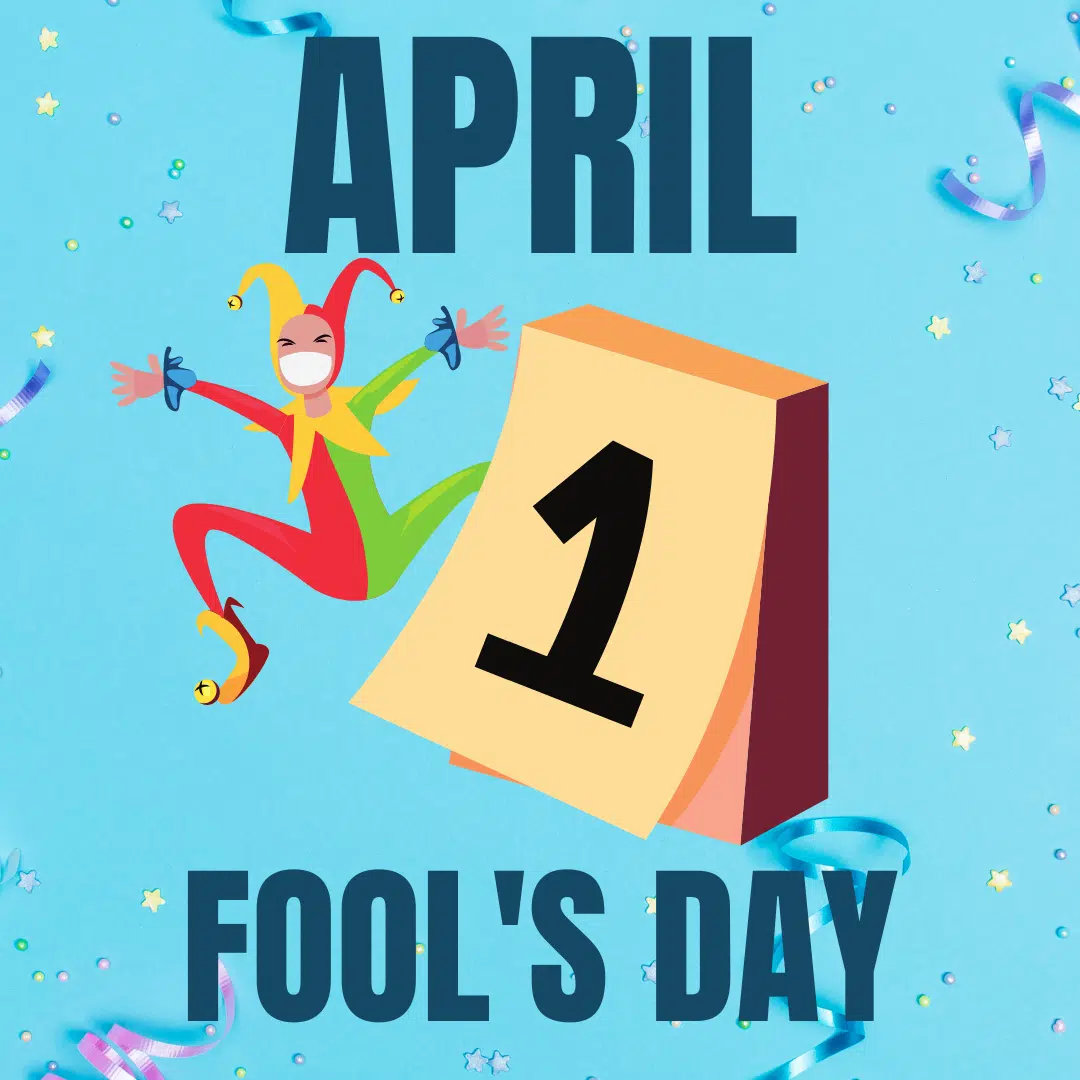Every year, on April 1st, people around the world engage in lighthearted pranks, tricks, and jokes in celebration of April Fools’ Day. From harmless office pranks to elaborate hoaxes, the day has become synonymous with mischief.
But where did this tradition of foolery originate, and how has it evolved over the centuries into a global phenomenon? In this article, we explore the origins, evolution, and excesses of April Fools’ Day.
The Historical Origins of April Fools’ Day
The origins of April Fools’ Day are somewhat shrouded in mystery, with several theories attempting to explain the tradition’s beginnings.
One of the most widely accepted theories dates back to the 16th century in Europe, particularly France.
In 1582, Pope Gregory XIII introduced the Gregorian calendar, which shifted the start of the new year from April 1st to January 1st.
However, many people either refused to accept the change or were slow to adjust, continuing to celebrate the new year on April 1st.
Those who had adopted the new calendar would mock those who were still celebrating the old year by playing pranks on them. These “April fools” became the target of jokes, often involving being sent on fake errands or tricked into attending imaginary events.
The tradition of playing practical jokes on April 1st quickly spread across Europe and eventually to other parts of the world.
The Spread of April Fools’ Day
While the Gregorian calendar reform is one of the most commonly cited explanations, other theories suggest that April Fools’ Day has much older roots. Some believe that it may have links to ancient festivals such as the Roman festival of Hilaria, which took place at the end of March and involved people dressing in disguises and playing pranks.
Similarly, there are theories that the day may have origins in the spring renewal festivals of early cultures, which often involved playful behavior and lighthearted chaos as a way to celebrate the changing seasons.
Regardless of its precise origins, April Fools’ Day soon became a popular tradition in many countries across Europe.
In Britain, for example, the prank-filled day evolved into a regional custom, with the pranks becoming more elaborate over time. By the 18th century, it was widespread throughout the British Isles, and its popularity grew even further in the 19th century.
The Evolution of Pranks and Media Influence
Over the centuries, the nature of the pranks and jokes associated with April Fools’ Day has evolved. Originally, the pranks were typically small and harmless, such as sending someone on a wild goose chase or convincing them to perform a ridiculous task.
As media and communication methods developed, however, the scale and scope of April Fools’ pranks became more ambitious.
In the 20th century, the influence of newspapers, television, and the internet contributed to the global spread of April Fools’ Day. Media outlets began to run elaborate hoaxes and fake news stories on April 1st.
One famous example was the 1957 broadcast by the BBC, which featured a segment on the Swiss “spaghetti harvest,” showing people “harvesting” spaghetti from trees.
Viewers who believed the broadcast was genuine were tricked into thinking that spaghetti grew on trees, and the hoax became one of the most memorable April Fools’ Day pranks in history.
With the rise of the internet in the 21st century, April Fools’ Day prank culture reached new heights. Major companies, websites, and tech giants such as Google, YouTube, and Reddit have participated in creating viral pranks, often involving fake products, fabricated features, or elaborate hoaxes.
The widespread availability of social media has also made it easier for people to share their pranks and jokes, turning the day into a global event.
Social media platforms are flooded with hashtags and memes, as users compete to create the most creative and elaborate hoaxes.
The Excesses and Ethical Considerations
While April Fools’ Day is meant to be fun and lighthearted, the excesses of the day can sometimes lead to unintended consequences.
In recent years, some pranks have crossed the line from harmless fun to cruelty, causing distress or harm to individuals or communities.
Hoaxes involving fake news, especially in the context of politics or public health, can lead to confusion and panic.
For example, in 2018, a viral April Fools’ prank involving the announcement of a new law in the UK confused the public, with people believing that their mobile phones would soon be tracked by the government. Similarly, in 2020, amid the COVID-19 pandemic, some people took advantage of the global crisis to spread hoaxes and misinformation, undermining public trust.
The ethics of pranking have also come under scrutiny in recent years. While pranks that target celebrities or public figures are often seen as fair game, those involving vulnerable individuals or groups can be deeply problematic.
There have been instances where pranks have gone too far, leading to emotional distress or even harm. This raises important questions about the boundaries of humor and the responsibility of pranksters to consider the potential consequences of their actions.
April Fools’ Day has evolved from a small, regional tradition into a global event that is celebrated across the world.
While it remains a day of lighthearted humor and mischief, the excesses of modern-day pranks have raised ethical concerns.
As we continue to embrace the fun and excitement of the day, it’s important to remember that pranks should remain harmless and not cause distress or harm to others. After all, the true spirit of April Fools’ Day lies in bringing smiles and laughter, not creating chaos or confusion.

